They call her the Fixer CEO. Adedoja Allen didn’t plan to be in the media, let alone run one of Lagos’ top radio stations. But with sharp instincts and an unshakable love for numbers, she rewrote the rules. And in doing so, she found her true frequency. Having marked her 50thbirthday recently, she’s dialling up the numbers again. This time, to help more women become effective business leaders. Vanessa Obioha writes.
W
ithin seconds of meeting Adedoja Allen, the Managing Director of City FM, one gets a sense of her essence. She is bold, driven, and not easily deterred by challenges.
It was in 2012 that Allen was asked to take the reins at City FM. At the time, the radio station was running at a loss and needed a swift intervention.
Given her track record of successfully running businesses – from starting her career at the BBC in 2002 to her time at Telecom Express and ARM Investment Managers – she was seen as the right person to steer the radio station back on track. It was no small feat, especially considering that no woman had held the position of CEO in a broadcast station at the time. Add to that the fact that Allen didn’t have a traditional media background — she studied mathematics and later earned a master’s in Business and Information Technology at Aston University, Birmingham — and the challenge seemed even more formidable.
But not for Allen. On LinkedIn, she proudly identifies as the “Fixer CEO.”
“The reason why I call myself a fixer is that I believe I have what it takes to fix any bad situation,” she told me in a recent afternoon in her office.
“If you give me an organisation or a project to fix or turn around,” she continued, “or you have some struggling areas, and you’re looking for someone that’s going to be hands-on, that will be able to take this business from this level to a higher or international level. Someone you can share your vision with and can help you achieve your goals, put me in there and I gotta fix it,” she said confidently.
And fix it she did. Within three years of taking over, City FM began to turn a profit. Today, it’s one of Lagos’ leading lifestyle stations, attracting both advertisers and an urban audience. Her future ambition includes an expansion of the radio station.
For Allen, media organisations should be led not only by people who are passionate about journalism, but also by those who understand business metrics. According to her, it is not enough to run a station or a media organisation from a place of passion alone. It must also be seen as a business that must make a profit.
Although Allen is often mistaken for a journalist and has even been recognised as one of the powerful female journalists, she is quick to clarify that she cannot wear the full hat of a journalist.
“I don’t want to be seen as a full journalist, because I can transition into any other industry. I want you to see me as a business person, a numbers person, someone who can drive processes. A very strong negotiator. I’m a business professional who is running a media organisation.”
She considers her venture into journalism accidental. For all she knew, she wanted to study electrical engineering at the university but ended up studying mathematics as she didn’t meet the cut-off mark for her preferred course.
“But God had other plans for me, and I ended up being in the mathematics department. My uncle advised me that mathematics was equally good and that I could still study engineering if I wanted to,” she said.
Looking back, she acknowledges that her interest in engineering was more about societal expectations than passion.
“I grew up at a time when everyone either wanted to be a doctor or an engineer.”
Allen was equally good with maths, having excelled exceptionally in mathematics and further maths in her secondary school days. By the time she studied mathematics at the university, it was only natural that she would be outstanding with numbers.
“I’m highly numerate,” she said. “I’m fantastic with numbers. I love numbers. I’m not the type of person who appears scared when I look at numbers. So when I see numbers, it just sticks in my head and I’m able to just navigate my way around numbers.”
Allen was raised by a strong, independent mother who taught her responsibility from a young age. Her father passed away when she was just eight.
“My mother brought me up to be extremely independent and responsible. I knew what I wanted immediately from life. I knew I needed to be very successful in life.”
That sense of purpose led her to aim for a first-class university degree.
“When I was at the university, I wanted to have a First Class. In fact, I was gunning for a First Class as soon as I entered the University of Ibadan.”
Things, however, didn’t go as planned. Peer pressure interfered.
“So I started off moving towards the first class. You will not believe what happened,” she said, her tone turning serious. “You see, when we talk about how the kind of company we keep influences us, honestly, I think I had that a lot back then. I had my friends and companions in the university whisper things to me. I was at the top of my department. They would say, ‘Oh, you know, you’re very brilliant. You’re very sound. If you have a First Class, you’re not going to get married. No man would want to marry.’ I kid you not. So that got me and that was how I began to drop my GPA intentionally. I just told myself that there’s no point in first class. I already had a strong 2:1 (Second Class Upper) in my third year. I thought it was good enough so I can graduate with that. I will never forget my studying partner, a guy who graduated with a first-class in Mathematics.”
To date, that experience remains one of the indelible lessons in her life. Despite this, many peers continue to assume she graduated with first-class honours.
“They forgot that I had a 2:1 because of my brilliance. I just smile whenever they say such.”
On July 30, Allen clocked 50. It’s a milestone that often requires deep reflection. For her, that introspection began on the first day of the year.
“At the start of the year, January 1, I said to myself: ‘Doja, you’ll be 50 this year. What have you achieved? What is your success story? What are your failures? What are your challenges? Where you have failed, have you assessed why you have failed? What are you going to do better? More importantly, Doja, now that you’re 50, what’s next?’”
She is yet to find all the answers to her questions, but one thing is certain: she sets goals for herself each year. One of them is the recently concluded She Leads programme. It was a free one-day mentorship for female business entrepreneurs and aspiring female leaders. The event, which was meant to host 100 participants, ended up with 180 registered within two weeks of the announcement. The significance of the oversubscription is not lost on Allen.
“That tells me that people are hungry for knowledge and mentorship. We need to ignite one another. Imagine having 20 successful women, and by successful, I don’t mean money-wise. I mean women who are experienced in different areas, it could be women like me who are working and trying to survive in a male-dominated industry, or women who can advise on a business challenge or know how to navigate certain processes.
“Imagine these women sharing their experiences with others who need it. That’s the kind of atmosphere I want to create. Where women can cometogether, ignite one another, encourage each other, motivate each other, and pull each other up. It’s not time to give up. Many people are willing to give up given what’s going on in the economy and the world at large. So let’s have platforms like She Leads that can help them navigate these challenges.”
Allen is particular about how she wants to be remembered.
“When you call Doja Allen, I want to be remembered as a very good mentor, a go-to person. Someone you can call if you need counsel or mentorship, or someone to lead you in a particular area, or someone to connect you to something or someone. Doja is your go-to person. I want you to see me as that person that you can speak to, that you can pick up your phone and call at any time.”



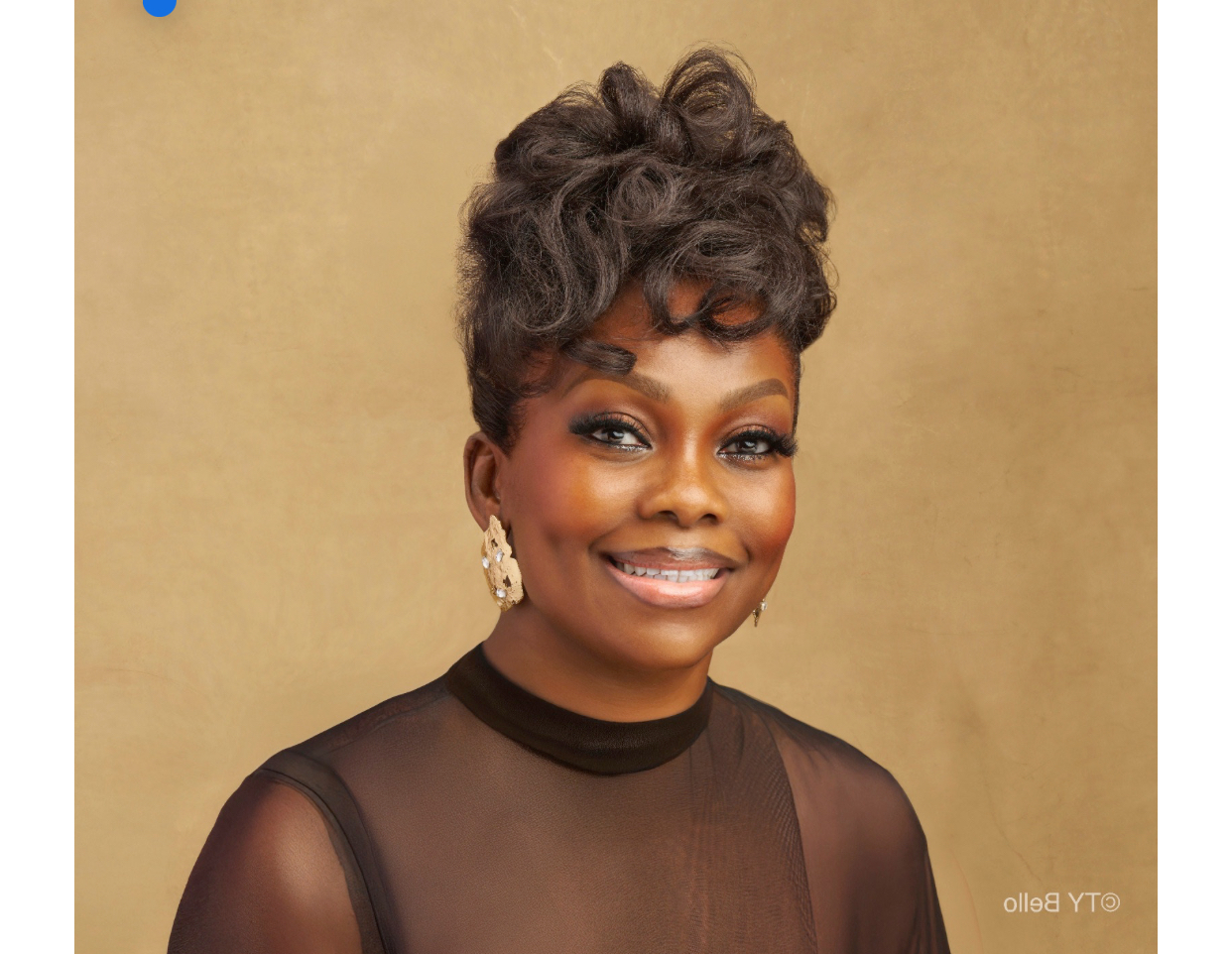
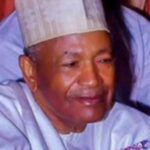
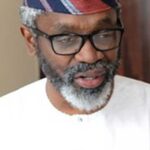

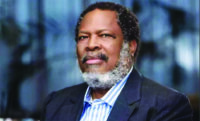
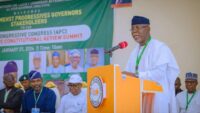
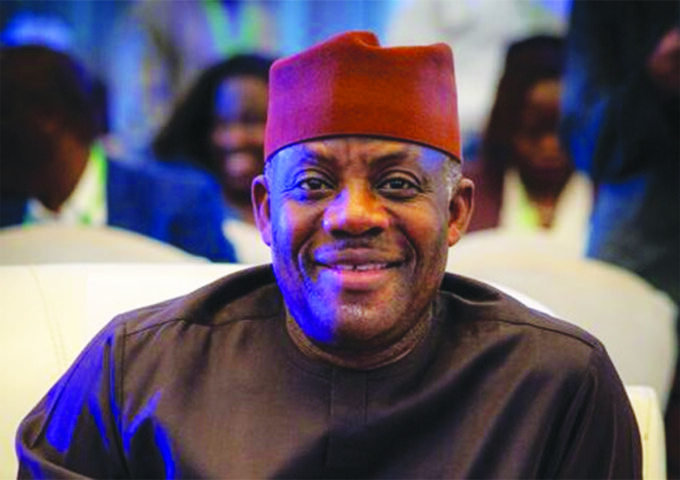
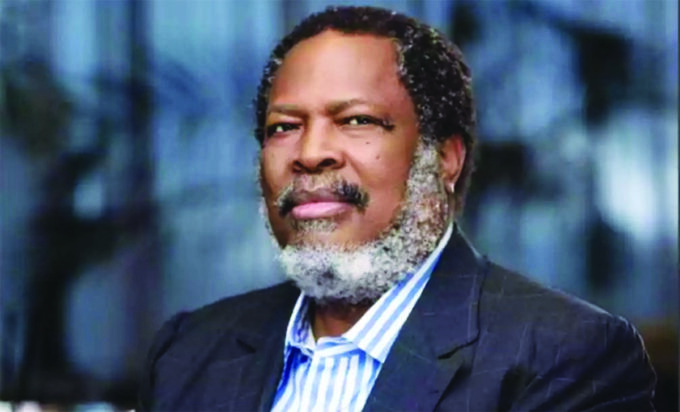
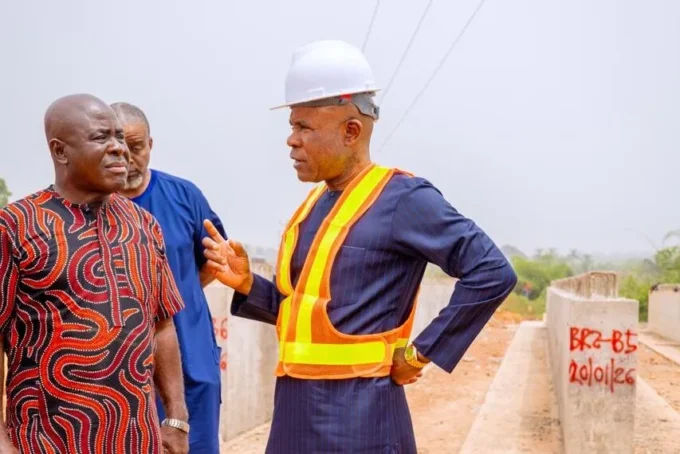
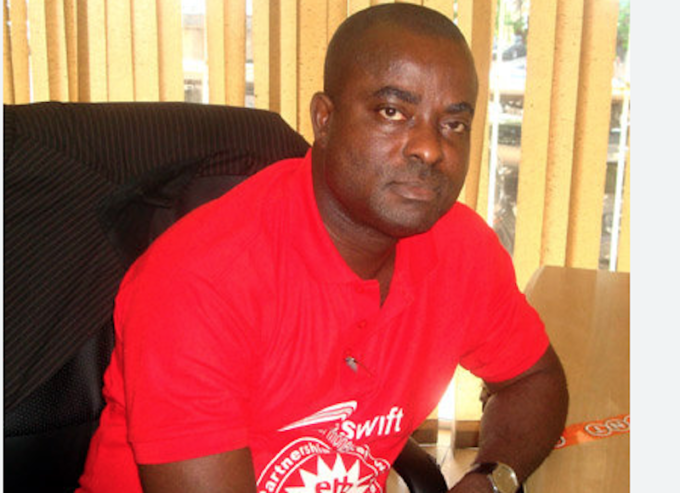


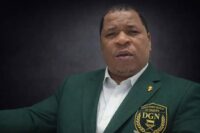

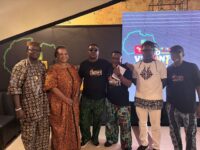
Leave a comment